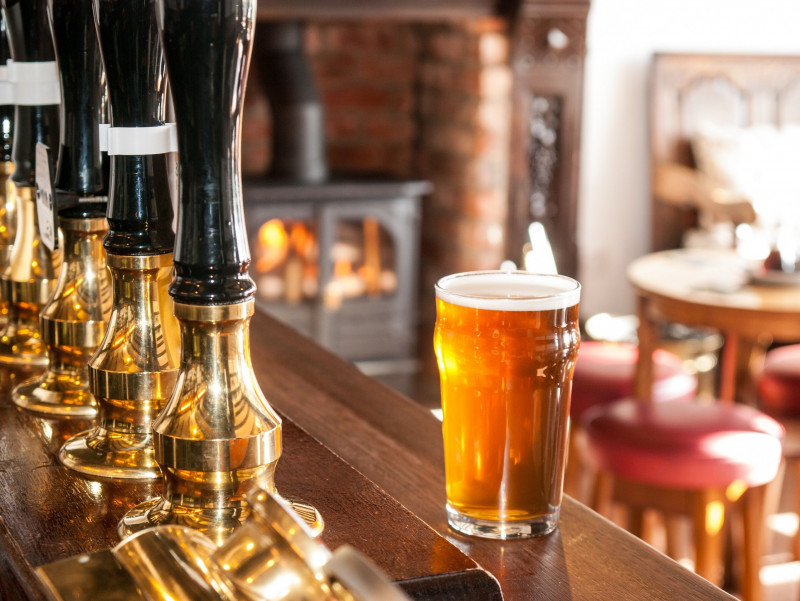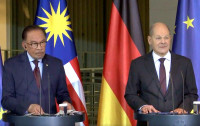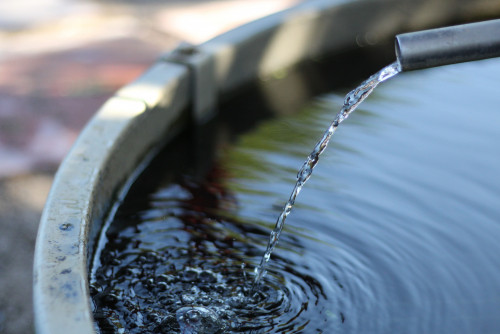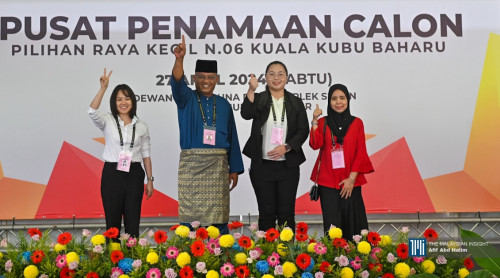INTERNATIONAL Beer Day is feted on the first Friday of August. For this year's celebration, on August 4, we take a look at a beverage that is still very much in vogue in Europe despite a host of new approaches to its brewing, marketing and consumption.
France may be associated with wine-drinking in the public imagination but the favourite alcoholic beverage of the French is now beer. According to the latest Sowine/Dynata barometer, beer is neck-and-neck with wine as being one of French consumers' favourite beverages (56% vs 55%).
Whether it's being enjoyed in front of a soccer World Cup match, as a toast to the weekend on a Friday night, or as one strolls through a summer music festival, beer lends itself to a variety of festive occasions. With the French consuming an average of 33 litres per capita per year, the beer aisle has been evolving to become more varied.
From Mirabelle plum beer and other flavored brews to IPA and all its American and Belgian variants, craft beer has offered new tastes to consumers. Craft beer, first introduced by small, US-based breweries, has become so popular that it's become fully entrenched in the beer landscape.
Germany embraces beer without alcohol
Meanwhile, how beer is consumed is also evolving in Germany, the fourth-largest consumer of the drink in Europe (after Czechia, Austria and Poland), with 92 litres consumed per capita in 2021, according to figures from Statista, based on data from the Brewers of Europe association.
A cultural symbol of German identity, the amber-coloured beverage saw sales fall by 2.9% in the first half of last year, notes the German statistics office. Between January and June, 4.2 billion litres were sold in Germany. While that seems to be a huge quantity, it's actually down 12.2% over the last decade.
"After the beer market in Germany collapsed massively of the German beer market in 2020 and 2021 due to the corona pandemic, domestic beer sales in 2022 were still well below the pre-crisis level at minus 5%. This development initially continued in 2023," analyses Deutscher Brauer-Bund, the German brewers' association.
During the same time frame, non-alcoholic beer production in Germany has skyrocketed with growth of 96%, with 474 million litres of non-alcoholic beers produced by 2022.
A trend not to be overlooked, since even if the country doesn't count the most breweries in Europe – 1,512 compared to 1,810 in the UK and 2,500 in France in 2021 – the German brewing sector generates the highest number of direct jobs, at 27,242 compared to just 9,500 in Poland and 8,000 in France.
"One of the factors behind the brewing industry's success is its innovative strength, which is also reflected in the growing segment of alcohol-free beers. Germany is the world leader in this field, with over 700 alcohol-free brands brewed in accordance with the [beer] purity, and a market share of over 7%," explains Holger Eichele, general manager of Deutscher Brauer-Bund.
Something for all tastes
Alongside these new trends that have changed the playing field in the beer industry, things are being further shaken up by new products that blur the boundaries between different types of alcohol.
Last April, Loïc Raison, a cider brand of French-based Eclor group, unveiled a new product that uses the infusion of hops to add subtle bitter and floral notes. This innovation is one of a number of daring attempts to offer lightly alcoholic beverages that open up more possibilities for consumers.
Another example is France's Brasserie Gallia, which teamed up with Paris-based sake house Wakazé to produce a hop-flavoured sake. A blend of hops from the fermentation of an East IPA was used as an unexpected ingredient to create a new made-in-France twist on the Japanese-style rice wine. Gallia also created an unusual beer by integrating koji, a fungus used in Japan for brewing sake and soy sauce. – ETX Daily Up, August 4, 2023





















